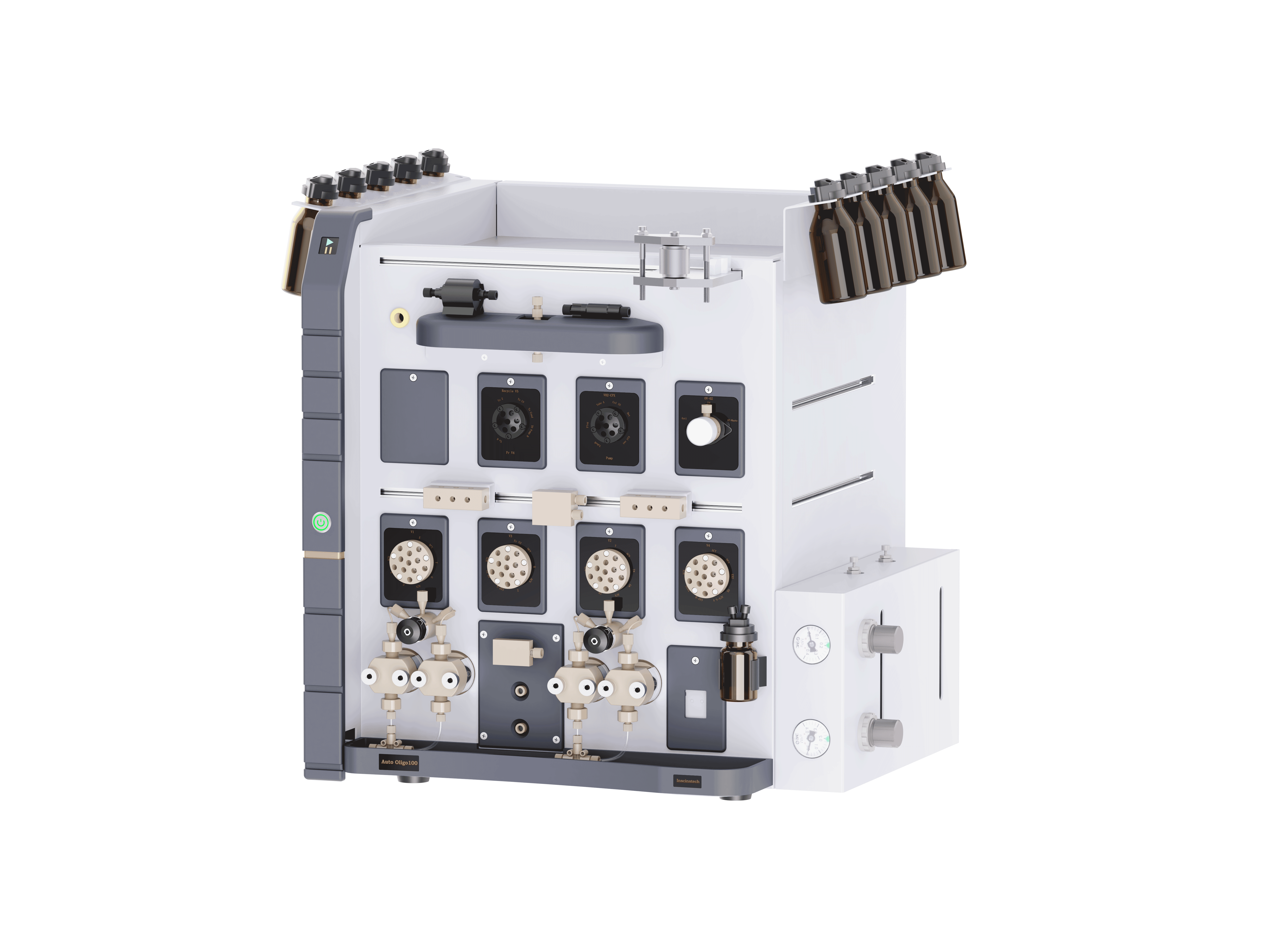Scientific innovation is constantly driven by methods that provide precision and efficiency. Chromatography and oligonucleotide synthesis have both emerged as groundbreaking techniques with far-reaching impacts across industries. These tools are not only central to research but are also transforming how medicine, genetics, and biotechnology operate. This article delves into their essential roles, the advancements they enable, and their prospects.
Overview of Chromatography
Chromatography is a versatile and widely used laboratory technique for separating mixtures into their components. The principle behind chromatography is based on the varying rates at which different compounds move through a medium under a given set of conditions. Whether it’s identifying pollutants or ensuring the purity of pharmaceuticals, chromatography plays a critical role. Its capacity to break out and examine difficult combinations has transformed several sectors and provided before unheard-of understanding of the molecular composition of materials.

Chromatography in Various Fields
The versatility of chromatography makes it an indispensable tool across multiple fields. From drug testing to environmental monitoring, this technique has proven invaluable. Chemical substances are routinely thoroughly analysed using high-performance liquid chromatography (HPLC) and gas chromatography (GC). Particularly HPLC provides great accuracy in chemical separation, which makes it perfect for medicines since accuracy is absolutely important. In environmental sciences, chromatography helps monitor water and air quality by detecting contaminants and toxins, ensuring safety standards are maintained.
How Chromatography Enhances Research
Researchers depend on chromatography for its precision and reliability. It allows scientists to isolate and study individual components of a mixture, which is vital in research fields like biochemistry, molecular biology, and forensic science. In drug development, chromatography ensures that new pharmaceuticals meet strict purity requirements before entering the market. Its role in environmental protection is equally important, as it enables scientists to detect pollutants at trace levels. The power of chromatography lies in its ability to provide accurate, reproducible results across a broad range of applications.
Introduction to Oligonucleotide Synthesis
Oligonucleotide synthesis is the chemical process of creating short DNA or RNA sequences that are vital for genetic research and diagnostics. These synthetic oligonucleotides are key tools in molecular biology, enabling scientists to replicate, study, or manipulate specific gene sequences. The ability to design and create custom nucleotide chains has transformed research in fields like genetics, medicine, and biotechnology, offering new ways to explore gene expression, mutation, and targeted therapies.
Applications of Oligonucleotide Synthesis
The applications of oligonucleotide synthesis span from gene editing to diagnostic testing. Synthetic oligonucleotides are essential for techniques like PCR (polymerase chain reaction), which amplifies DNA sequences for research or clinical diagnostics. In therapeutic applications, oligonucleotides are used to target specific genes, allowing for precision medicine approaches that treat genetic disorders. The development of antisense therapies, which involve the use of synthetic oligonucleotides to silence disease-causing genes, represents a growing area of innovation in medicine.
Advancements and Future of Oligonucleotide Synthesis
The field of oligonucleotide synthesis continues to evolve, with advances in automation and error-correction methods improving both accuracy and efficiency. Automated synthesizers allow for faster production of custom DNA and RNA sequences, fueling breakthroughs in genetic research and drug development. As personalized medicine gains traction, the role of synthetic oligonucleotides in creating individualized therapies becomes even more significant. The future of oligonucleotide synthesis holds promise for advancements in diagnostics, gene therapy, and other areas of biotechnology.

Conclusion
In conclusion, chromatography and oligonucleotide synthesis have become integral to modern scientific research and industrial applications. Their precise methodologies and growing relevance in medicine, biotechnology, and environmental sciences ensure their continued impact. For more detailed resources and advanced solutions on these cutting-edge techniques, visit inscinstech.com.cn, where you can explore further information and advancements in these fields.
Blog Source Url:
https://inscinstech.blogspot.com/2025/01/chromatography-and-oligonucleotide.html




Comments